Lesson #1: Introduction to the Positive Supports Rule
Lesson #1: Introduction to the Positive Supports Rule
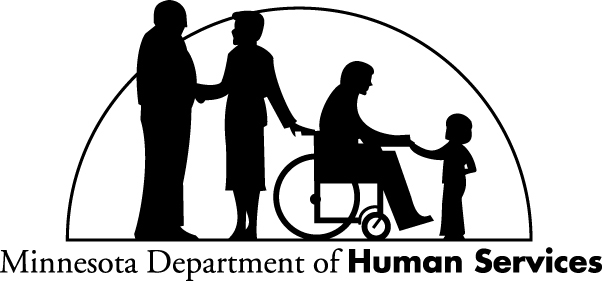
Lessons in the PSR Course:
There are five lesson in this course.
- Introduction to the Positive Supports Rule (PSR)
- Positive Support Strategies and Person-Centered Planning
- Prohibited and Allowed Procedures in the PSR
- The Roles of Professionals in the PSR
- Documentation and Reporting in the PSR
Lesson #1 Description and Learner Objectives
Lesson #1 Description: This lesson provides an overview of the Positive Supports Rule (PSR). You will understand more about the need for the PSR and when, where, and to whom it applies. You will also learn more about where you can seek additional help in implementing the PSR.
After completing this module, you will be able to:
- Describe the history, purpose and applicability of the PSR.
- Identify at least three ways to find additional help as needed to comply with the PSR.
Changing Times and Changing Expectations
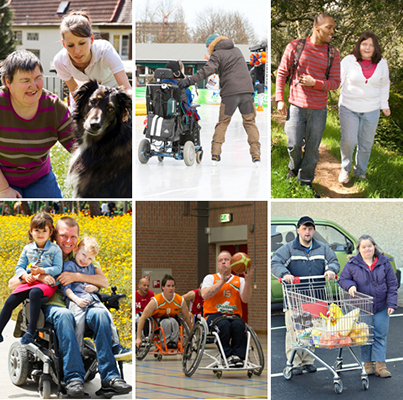
Positive Supports Rule Reflects a Commitment to Community Living
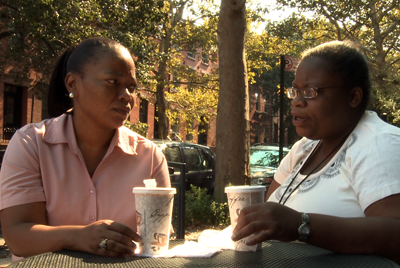
People with a disability who sometimes engage in behavior that interferes with community living often need extra help to be successful. Positive support models and person-centered practices have been very helpful to people with these needs. These are approaches that help people experience a good quality of life, choice, control, and direction; while learning new skills and ways to manage their own behavior. PS allow people to live well as they learn and explore. The PSR provides guidance to service providers in Minnesota about how to support community living and a high quality of life for people with interfering behavior.
Local Influences Leading to Change
Minnesota has implemented changes to many of their rules and regulations around licensed support as a result of:
- national trends towards positive supports and person-centered planning,
- lessons learned from the past,
- responsibilities required under the ADA to provides services in the “most integrated” setting possible, and
- terms of the Jensen Settlement Agreement
Local Influences Leading to Change
Two major changes in Minnesota to improve services were the introduction of 245D and the Positive Supports Rule. 245D is a statute that unifies licensing and standards for programs funded by Medicaid through the Home and Community Based Service options. The Positive Supports Rule added clarity around support for people with developmental disabilities receiving licensed services regardless of funding. Both 245D and the PSR require person-centered services. They both require that approaches to supporting people with interfering behavior include only positive support strategies.
Many similar expectations are also included in the Minnesota Olmstead Plan. The Olmstead Plan is based on the Olmstead Decision which is part of the Americans with Disabilities Act. Olmstead requires states to make support available in the most integrated setting possible. It is trying to ensure that that people with disabilities have sufficient access and support to live full lives in their own communities.
Purpose of the Positive Supports Rule (9544.0005)
- Promote community participation, person-centeredness & inclusion in the most integrated setting
- Focus on creating quality environments;
- Ensure people are free from humiliating and demeaning procedures;
- Eliminating the use of aversive and deprivation procedures; and
- Ensure collaborative development of positive support strategies;
- Increase skills and self-determination of people receiving services;
- Improve the quality of life of people receiving services;
- Create a consistent set of standards for providers across service settings in serving people with developmental disabilities
Why Did We Need the PSR?
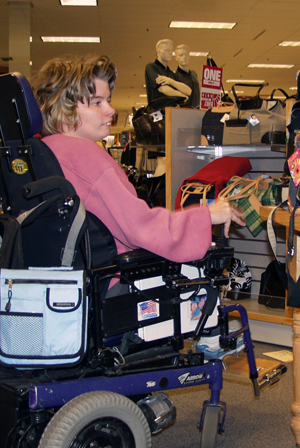
- Minnesota Statute 245D governs many services to persons with developmental disabilities – but not all.
- PSR provides more guidance and additional expectations around PS including use of restrictions and prohibitions.
- The PSR complements Minnesota Statute 245D by expanding the applicability of prohibited procedures in settings and services provided to a person with a developmental disability, and further expands on the positive supports required by a service provider.
Where Does the Positive Supports Rule Apply?
- Home and Community Based Service License (245D)
- For providers offering HCBS, the PSR governs the providers’ entire population of persons served. This includes all persons with any type of disability and persons age 65 and older.
- All other DHS licensed services (245A)
- The PSR applies only to persons with a developmental disability or related condition.
Additional Support for Implementing the PSR
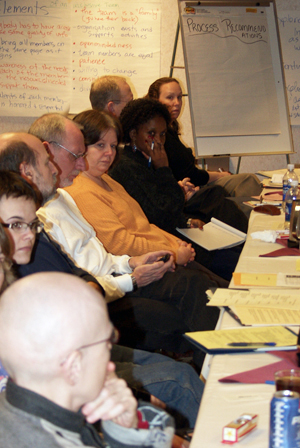
Some resources you may have in your community include:
- To request technical assistance or learn more about the new regulations and positive supports, you can contact DHS at: positivesupports@state.mn.us.
- Your DHS Regional Resource Specialist (651-431-4300 or 866-267-7655).
- The College of Direct Support courses on Person-Centered Planning, Functional Assessment, & Positive Behavior Support. (mccul037@umn.edu)
- Local communities of practice and professionals with expertise in person-centered practices or positive behavior supports.
- Clinical professionals who can support you with functional behavior assessments, person-centered positive supports and staff training.
More Information About Local Influences Leading to the Positive Supports Rule
If you would like to learn more about the Jensen Settlement Agreement you may have access to an online module as part of this training program. Ask the person who assigned you this lesson, if you do not see it in your training plan.
Click here to read more about the Jensen Settlement Agreement
Click here to read the current DHS Statement on Respect and Dignity Practices Statement
Lesson #1- Check Your Understanding & Review
-
The Positive Supports Rule applies to everyone receiving licensed support services in Minnesota.
- True
- [correct] False
-
245D is a statute that applies to all licensed Home and Community Based Service options in MN.
- [correct] True
- False
-
The PSR describes what strategies can be used when supporting people whose behavior interferes with their ability to participate in community life.
- [correct] True
- False
-
In 245D-licensed services, the Positive Supports Rule applies only to people with developmental disabilities.
- True
- [correct] False
-
There is additional online training available that may be helpful in understanding positive supports through the College of Direct Support in the DirectCourse Curriculum.
- [correct] True
- False
If you want to learn more about the Jensen Settlement Rule 40 Modernization, or The Olmstead Plan you can click here You may also want to review the Jensen module available in this online learning program.
Lesson #1 Conclusion
- The PSR is one of many changes in Minnesota to ensure the rights of people receiving services are protected and that services support a good quality of life. Like other changes it emphasizes person-centered services.
- The PSR applies to people receiving services that are licensed by DHS.
- It applies to everyone receiving services licensed under 245D.
- The purpose of the PSR is to ensure consistency in protections to all people with developmental disabilities in DHS licensed services. It also helps providers and others better understand positive supports and how to engage them effectively.
There is a test linked to this lesson. You must take the test to receive credit for completing the lesson. Once you have finished reviewing this lesson, close the pop-up window and go back to your lesson assignment list. Then click on the title of the lesson you just completed, you will be taken to the welcome page again. A blue button "Take the Test" will have appeared. Click on it to take the test. Once you complete, submit, and pass the test, the lesson will be credited as complete.